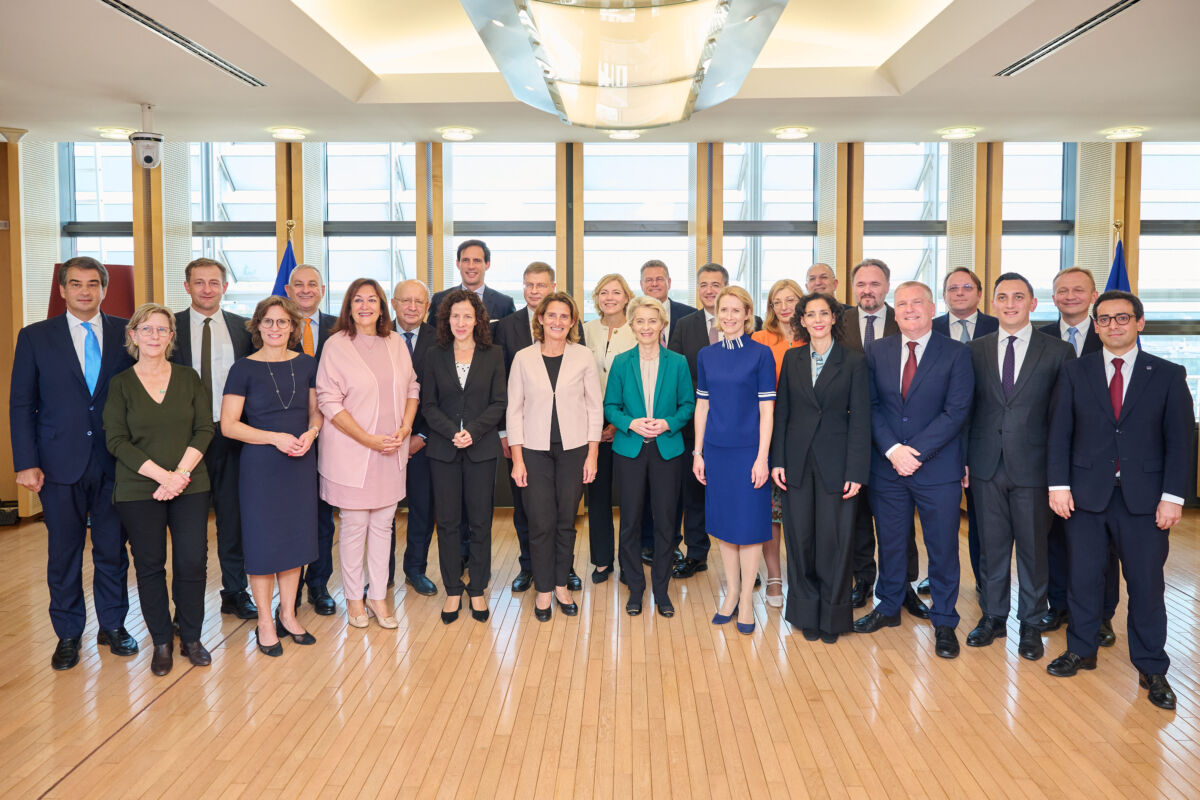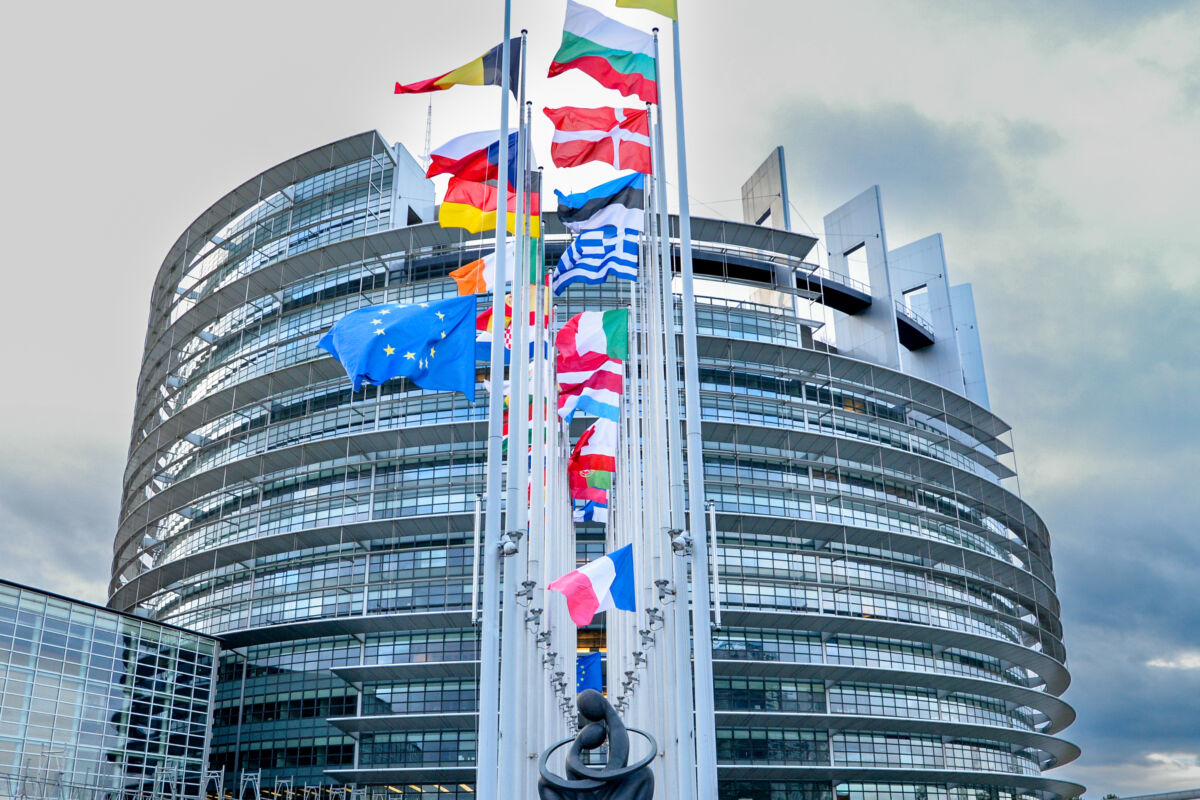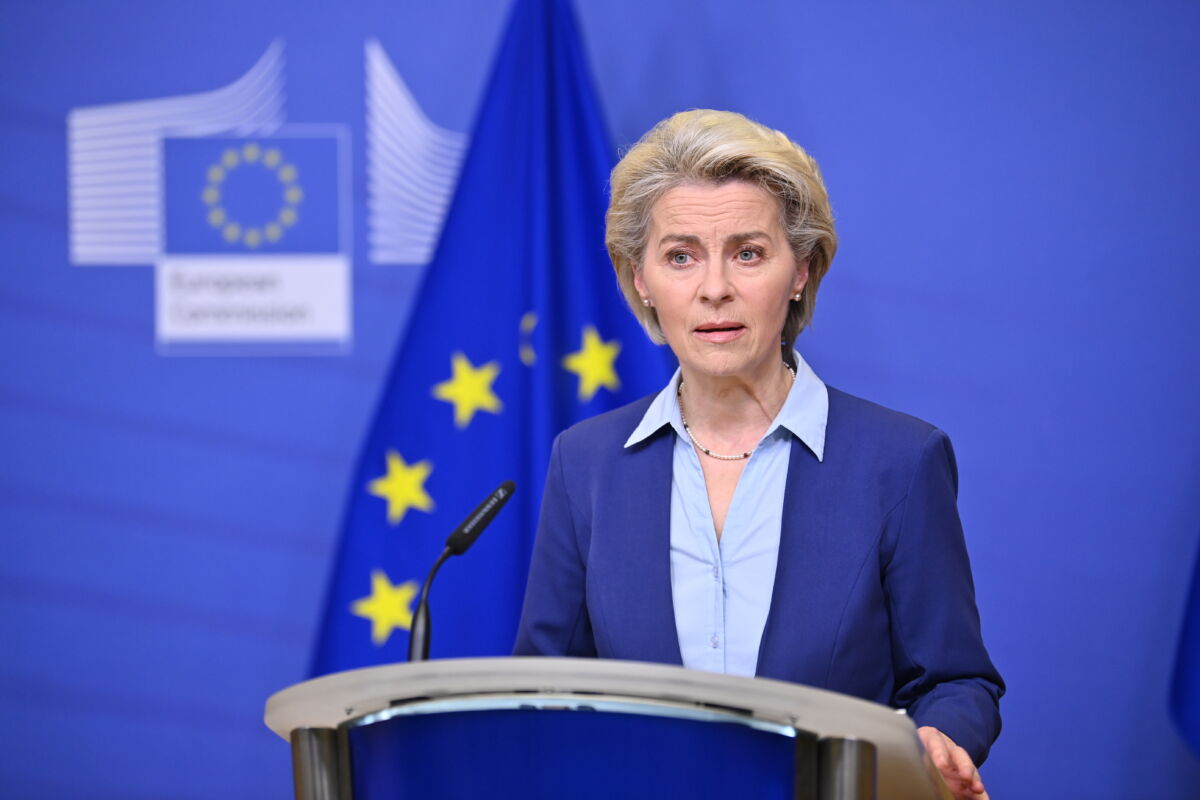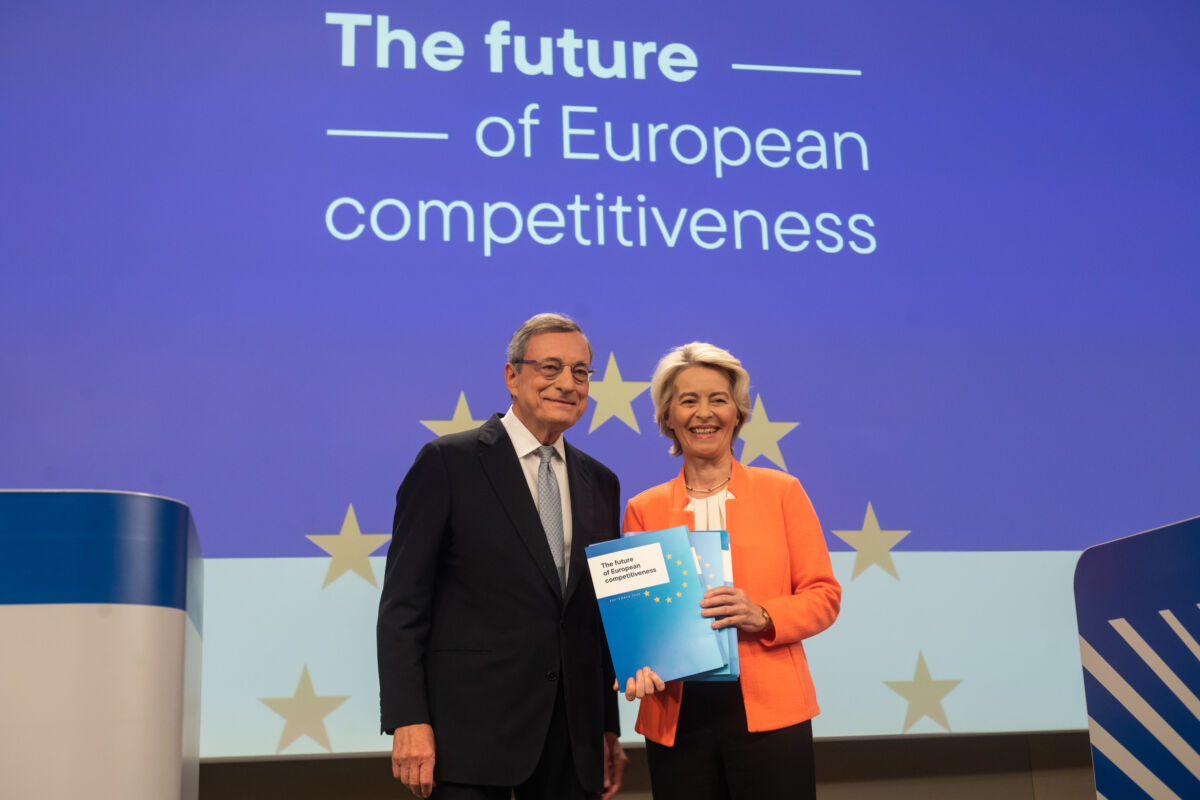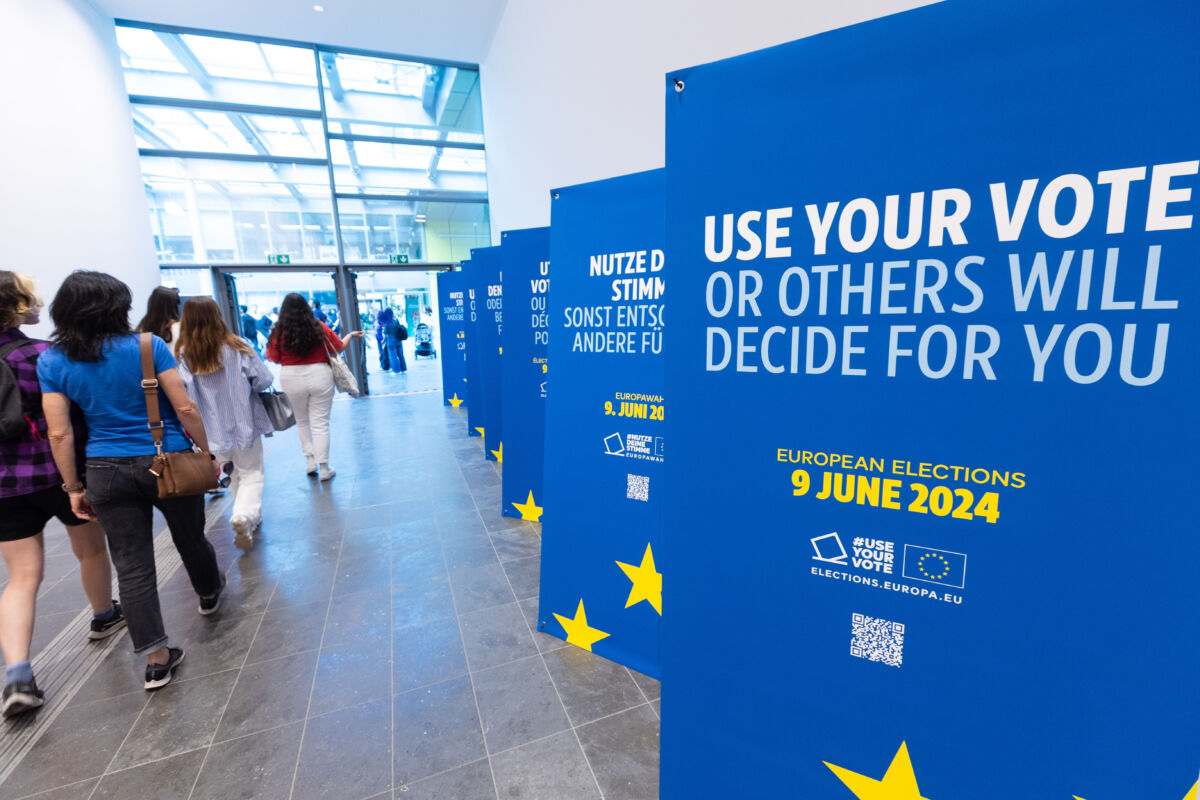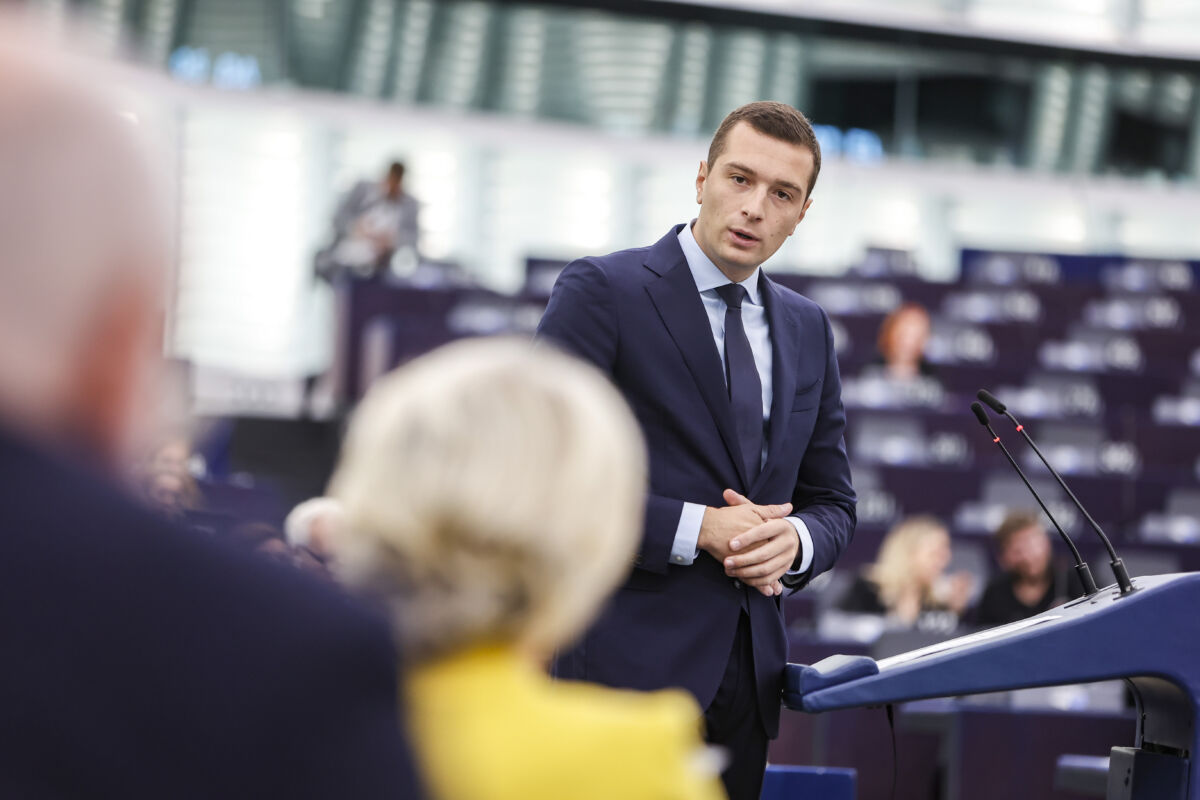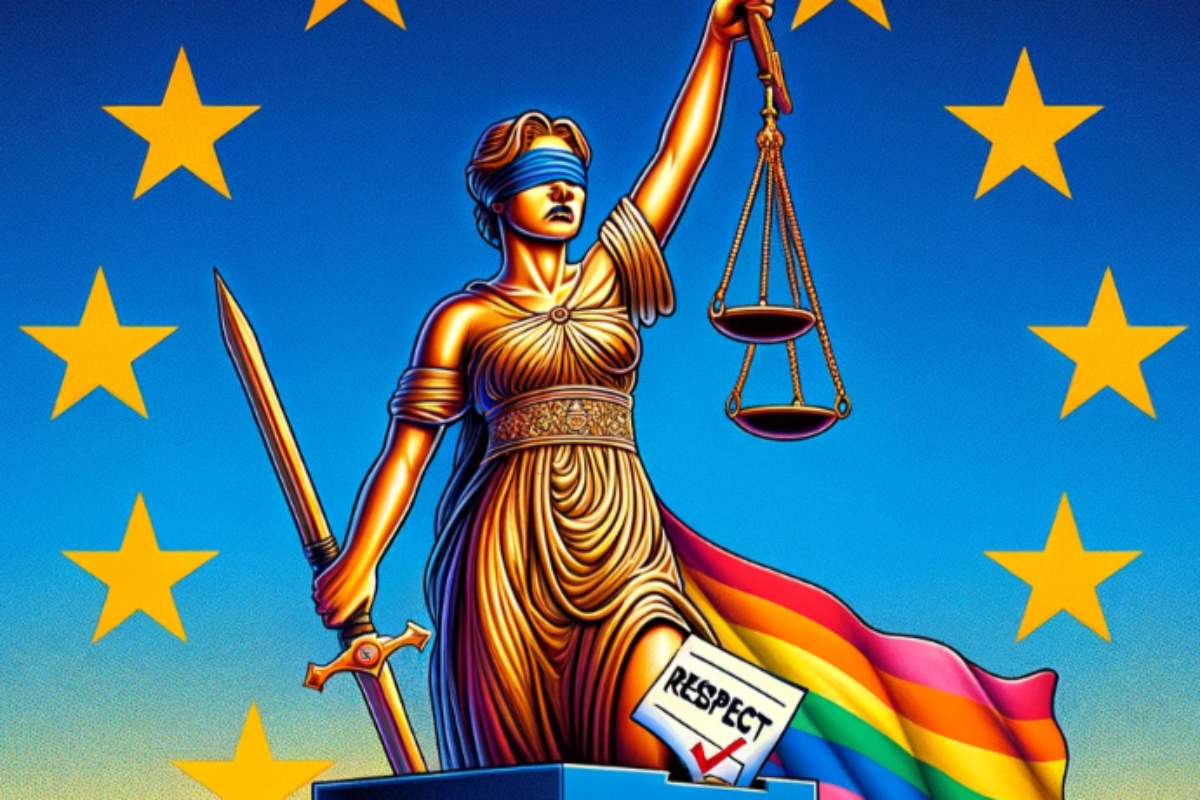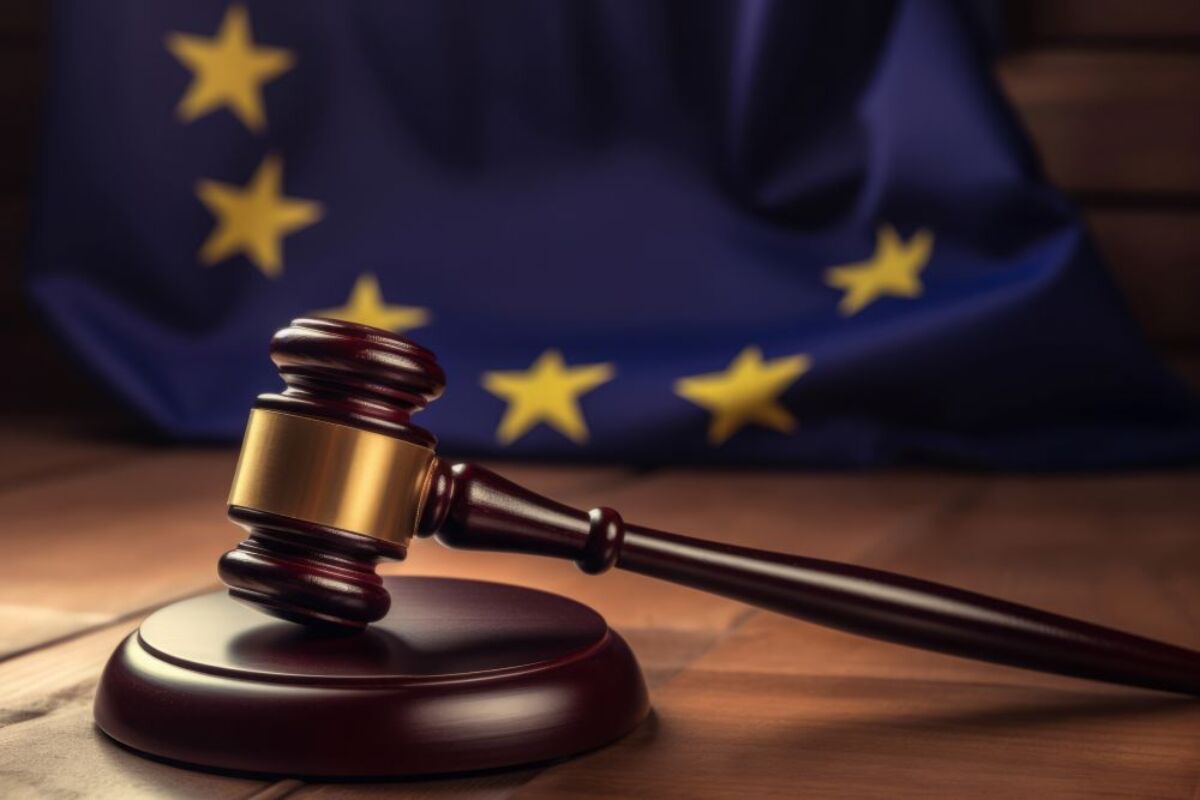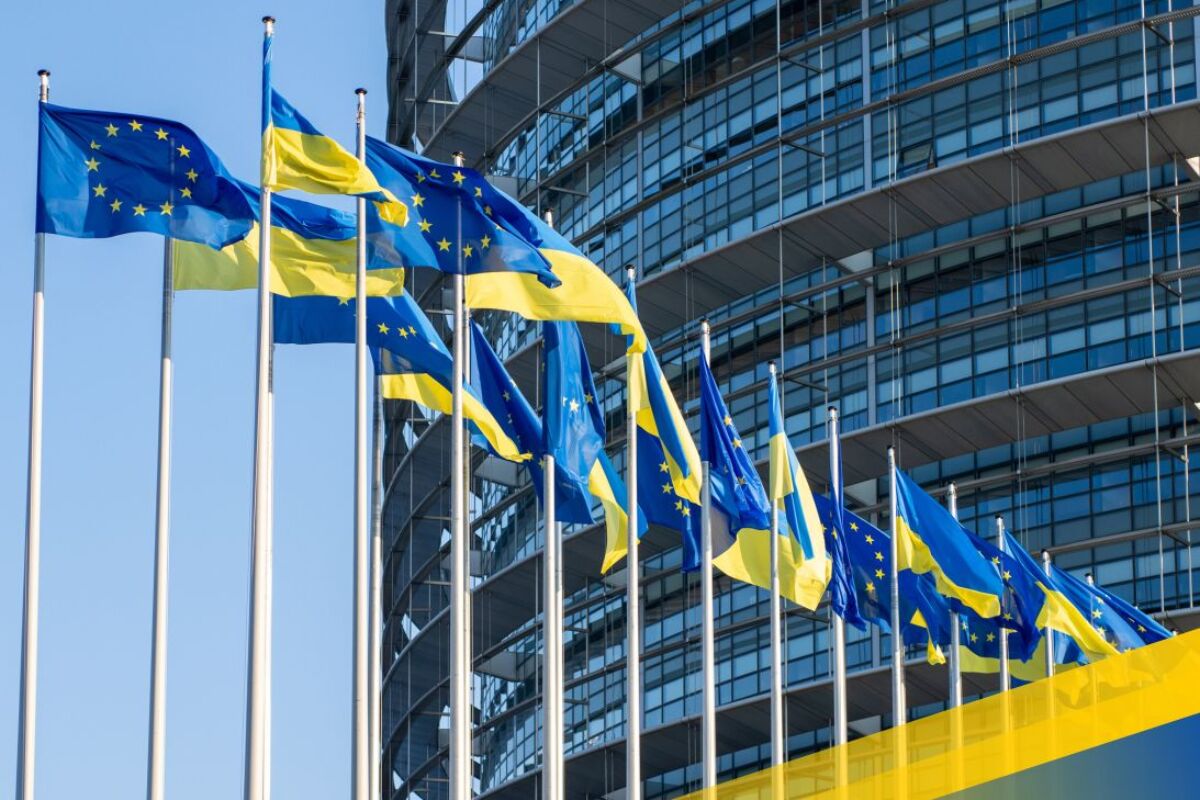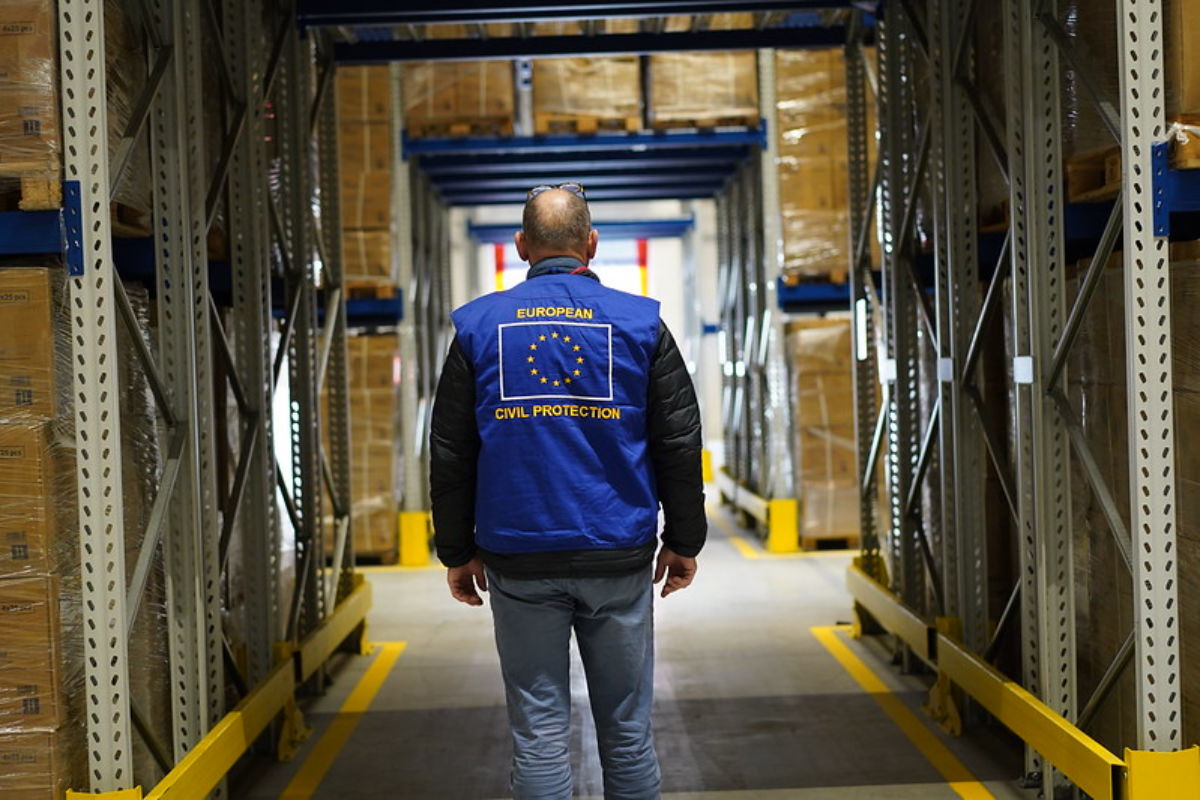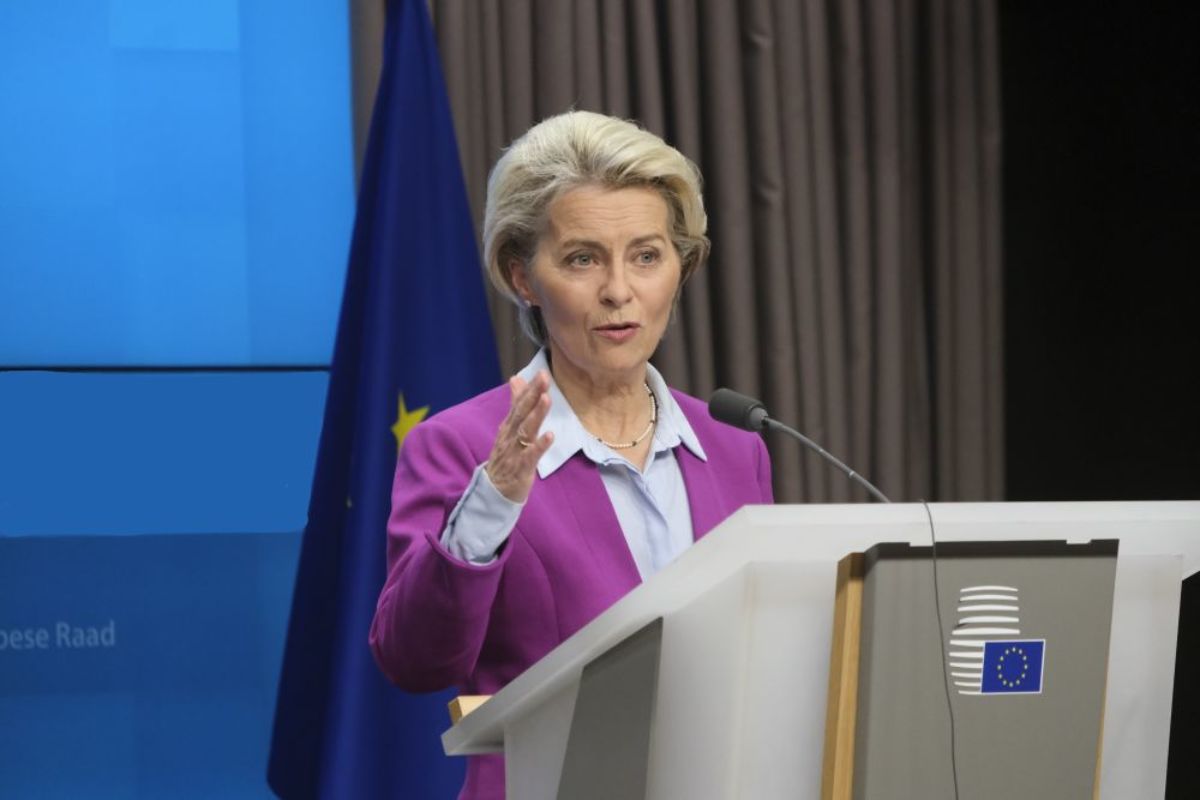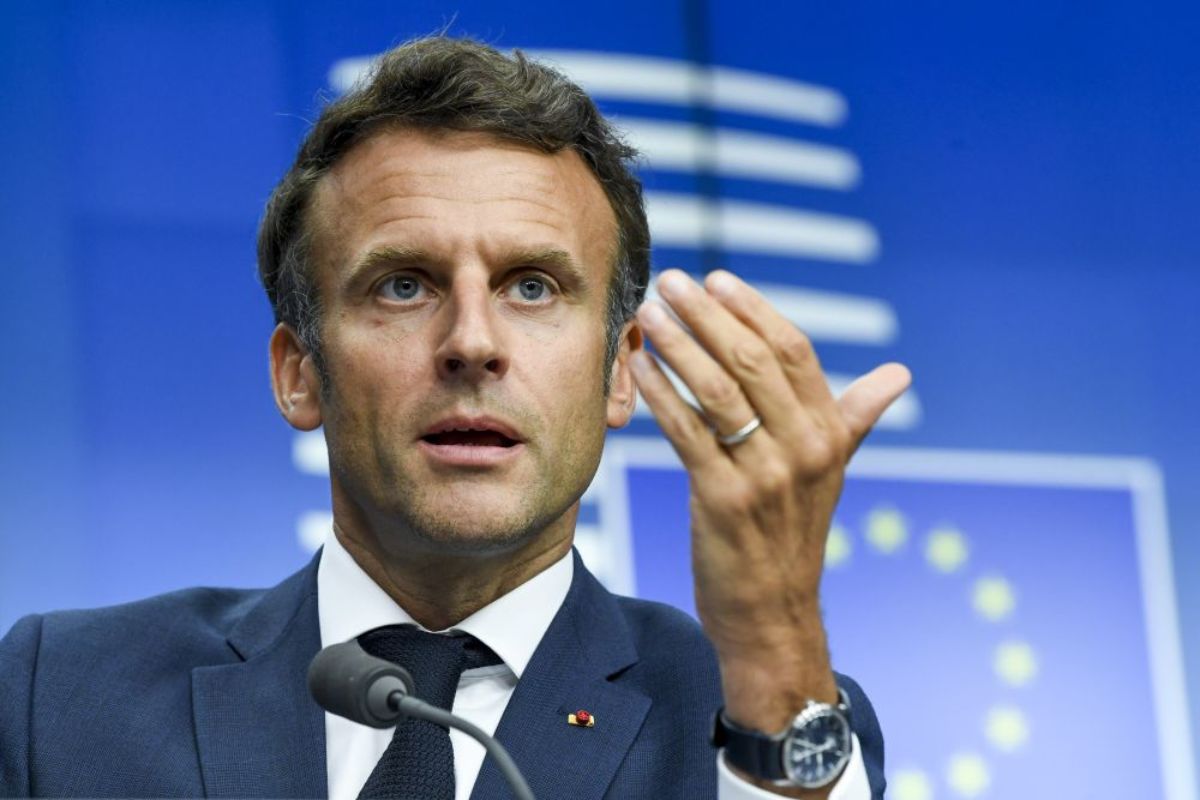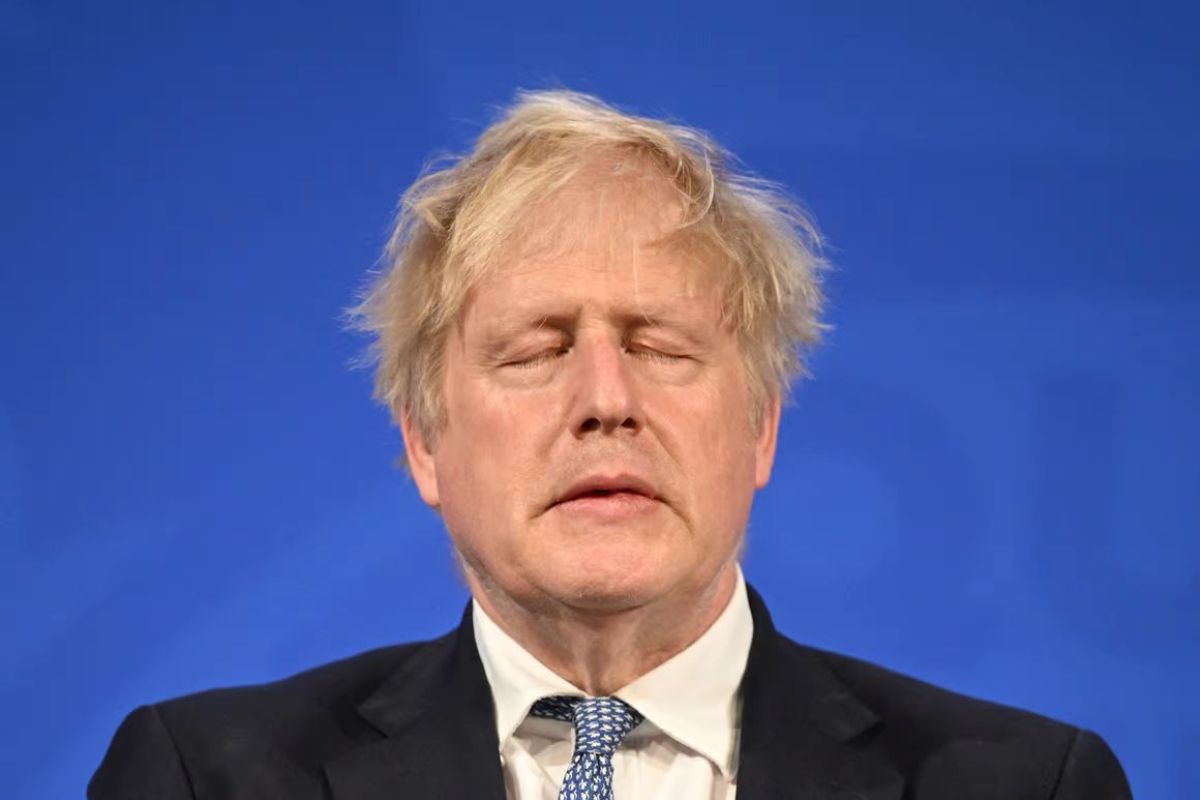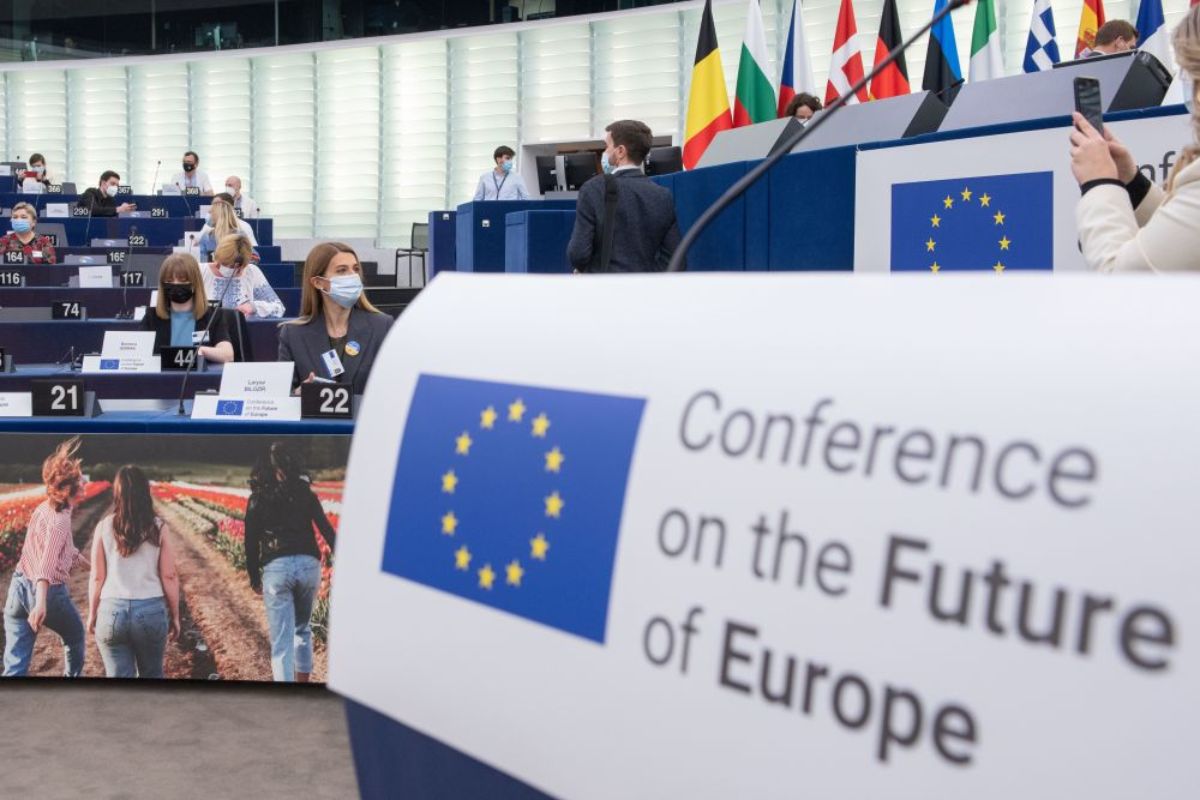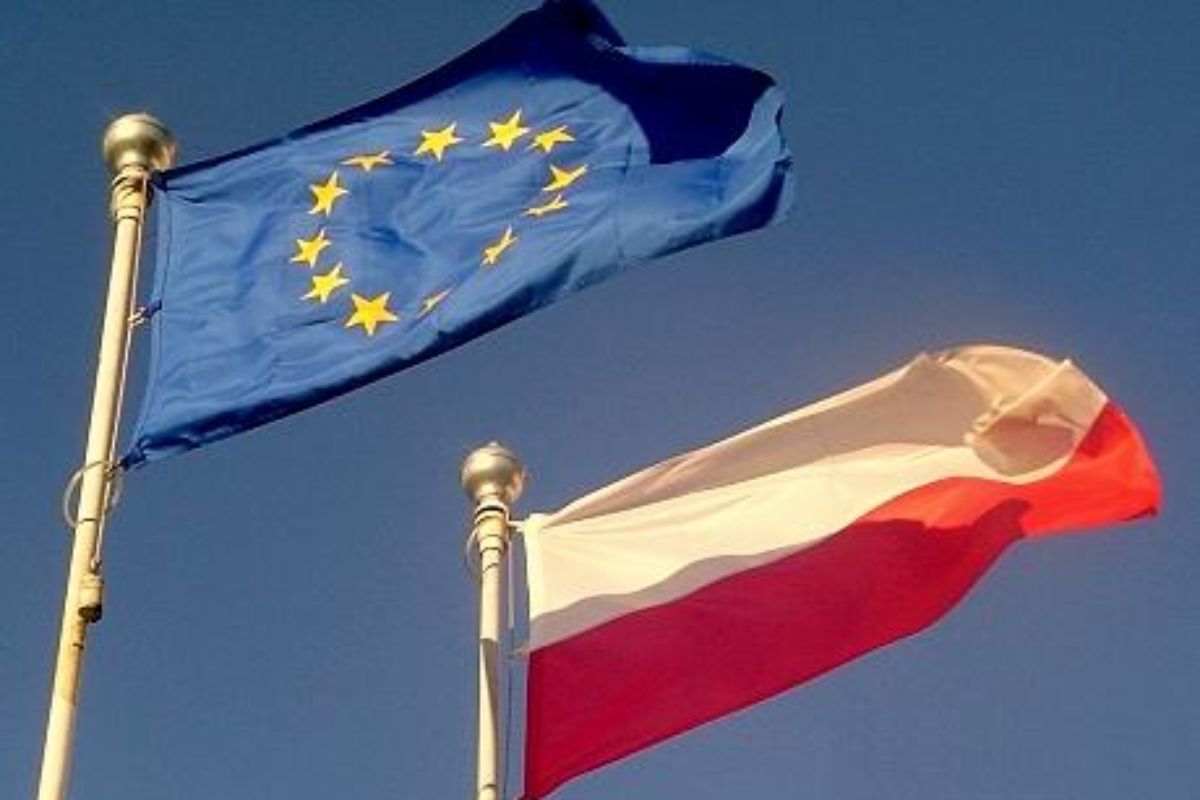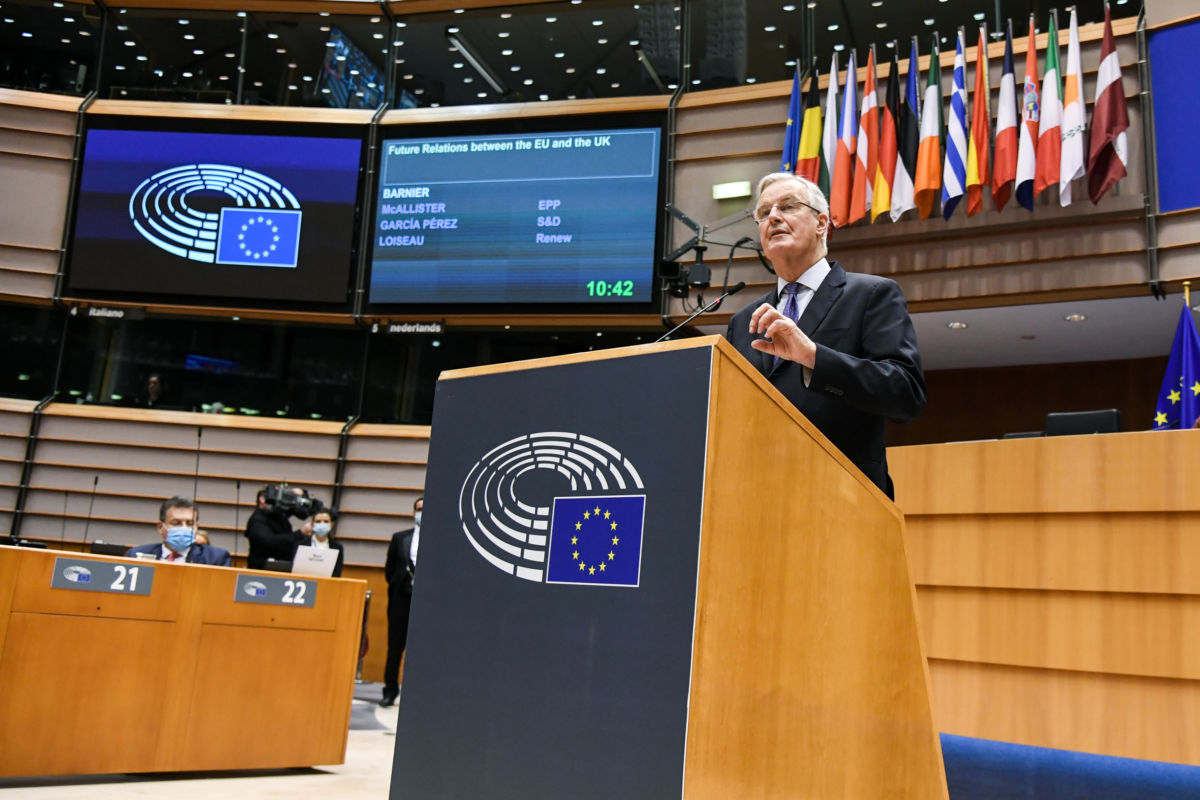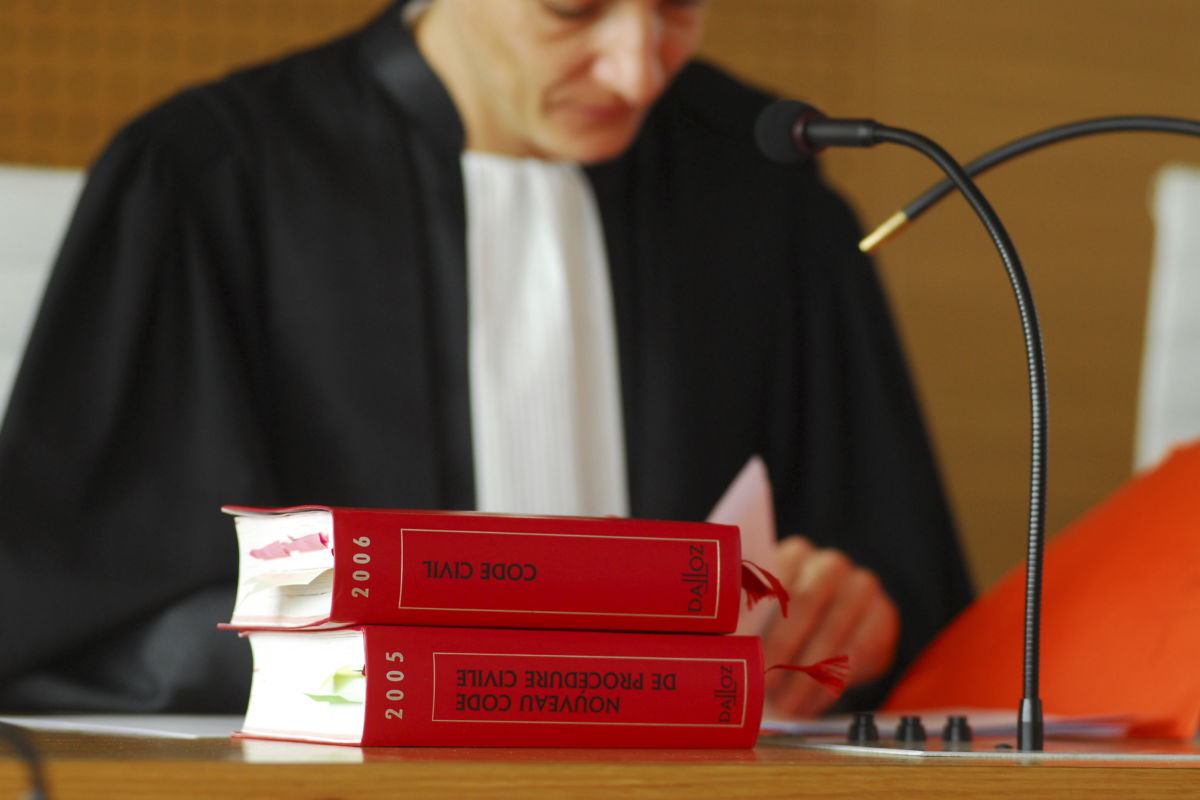The European Council that took place on 23-24 June will be remembered for the historic decision to endorse Ukraine and Moldova’s application for EU membership and to grant them candidate status.
For the countries of the Western Balkans, whose leaders were invited to a pre-European Council conference by the French Presidency of the Council, it will be remembered as a total fiasco.
Instead of giving the green light for the opening of accession negotiations with both Albania and North Macedonia, and moving the EU’s enlargement agenda forward for the other countries of the Western Balkans, the EU and its Member States failed once again to respect their many unfulfilled promises to the region.
French diplomacy gets an F grade
The summit was also a dismal failure for French diplomacy. Instead of putting forward a proposal for the negotiating framework which would guide the accession process with North Macedonia and overcome the ongoing bilateral dispute between it and Bulgaria, it endorsed almost all the Bulgarian demands while ignoring the concerns of the Macedonian government. This understandably caused uproar among the Macedonian public who saw this as an insult to their nationhood.
It was no surprise then that the Bulgarian Parliament subsequently endorsed the French proposal on 24 June and lifted its veto on the opening of accession negotiations with North Macedonia, subject to a number of conditions.
These included a demand that the Macedonian constitution be changed to include a reference to the existence of a Bulgarian community in North Macedonia, even though Bulgaria refuses any similar reciprocity and has ignored all the relevant judgments from the European Court of Human Rights (ECHR) on the Macedonian minority in Bulgaria. Another condition demanded by Bulgaria is that the protocols relating to the implementation of the 2017 Bulgarian-Macedonian Friendship Treaty become part of the negotiating framework, and that the European Commission should monitor the implementation of these agreements.
Should this French proposal in its present form become the final version of the negotiating framework, as suggested by Commissioner Varhélyi, it would mean the EU accepting issues related to the history (where Bulgaria insists on imposing its own version of events during and after the Second World War), identity and language of the Macedonian people becoming part of the accession process. This is despite the fact that they have absolutely nothing to do with the accession criteria. The protection of human rights, including minority rights, is in any case contained in Article 2 TEU.
Regardless of the above, the Macedonian government has already made clear its refusal to accept the French proposal in its present form.
If, following the vote in the Bulgarian Parliament and the lifting of its veto, the Macedonian government were to accept this poisoned chalice, it would allow the accession negotiations to start.
But it would lock the country into a straitjacket with Bulgaria holding the key. There would be no guarantees that Bulgaria would not hesitate to impose further vetoes down the road with even more demands, or misuse the enlargement methodology for purely domestic purposes.
Had President Macron or his diplomats taken the trouble of opening any of the OSCE’s guidelines for conflict mediation, they would have seen that their approach in this dispute has failed all the basic rules for a successful mediation. Nor have they considered international precedents on minority rights protection, arbitration and dialogue facilitation.
By taking Bulgaria’s side, the stronger party by virtue of it already having EU membership, and should the proposal be endorsed, then France, and indeed the EU, would set a terrible precedent for future accession negotiations.
Not only would this open the door to future bilateral disputes (of which there are many in the Western Balkans) but it would also, by openly supporting Bulgaria, weaken the EU’s transformative power in promoting the rule of law and independent judicial reforms in the region. It would also undermine the EU’s entire accession process.
How do you solve a problem like Sofia?
Although Bulgaria has been a Member State since 2007, it has one of the worst records regarding the rule of law, with its political system riddled with cases of alleged corruption and abuse of power. All of this was the subject of prolonged street demonstrations over a year ago.
The outgoing Prime Minister, Kiril Petkoff, had launched an anti-corruption campaign but then lost a confidence vote in Parliament after barely six months in the job.
The Prime Minister before him, Boyko Borissov, was accused of alleged corruption and placed on the US sanctions list but was supported throughout his over 10-year tenure by those EU leaders hailing from the European Peoples Party (EPP) in the European Parliament (of which his party is a member). This is similar to the protection given to former Macedonian Prime Minister Nikola Gruevski, now a convicted felon living as a fugitive in Budapest under Victor Orbán’s protection.
Is this really the example that the EU wants to give to those countries aspiring to join the club?
Unfortunately none of this helps the Macedonian government which now finds itself a victim of circumstance and caught between the proverbial rock and a hard place.
Its best course of action would probably be to stand firm, throw the ball back into the EU’s court and insist on its stated position that the bilateral issues raised by Bulgaria be dealt with separately in a parallel process.
The matter will then be taken up by the Czech government which assumes the Presidency of the Council on 1 July. It is already on record as stating, in December 2020, that: ‘We will not allow that the Union be the judge of our shared history, how we identify ourselves or the language we use. These issues belong to the parties concerned and we are here to support them with the experience of our own healing processes’.
Getting the EU to agree on a comprehensive and diplomatically mediated process to address all outstanding bilateral disputes in the Western Balkans (which would be parallel to rather than as a pre-condition for the start of accession negotiations) would be the best legacy the Czech Republic could leave at the end of its Presidency. It would give the EU’s enlargement agenda for the Western Balkans a new lease on life and restore some credibility to the EU itself.





